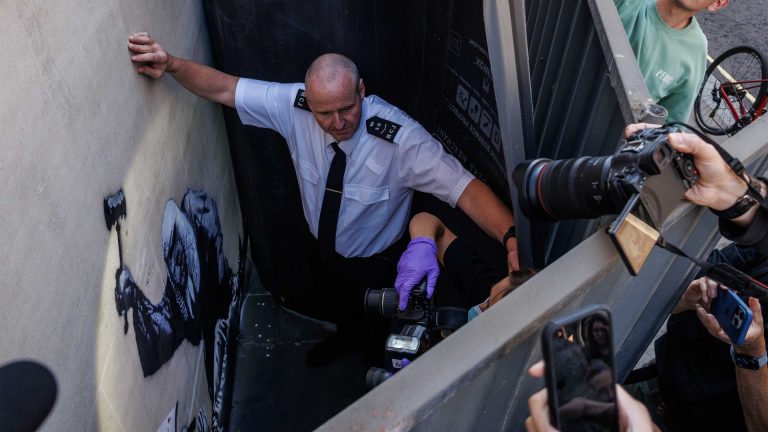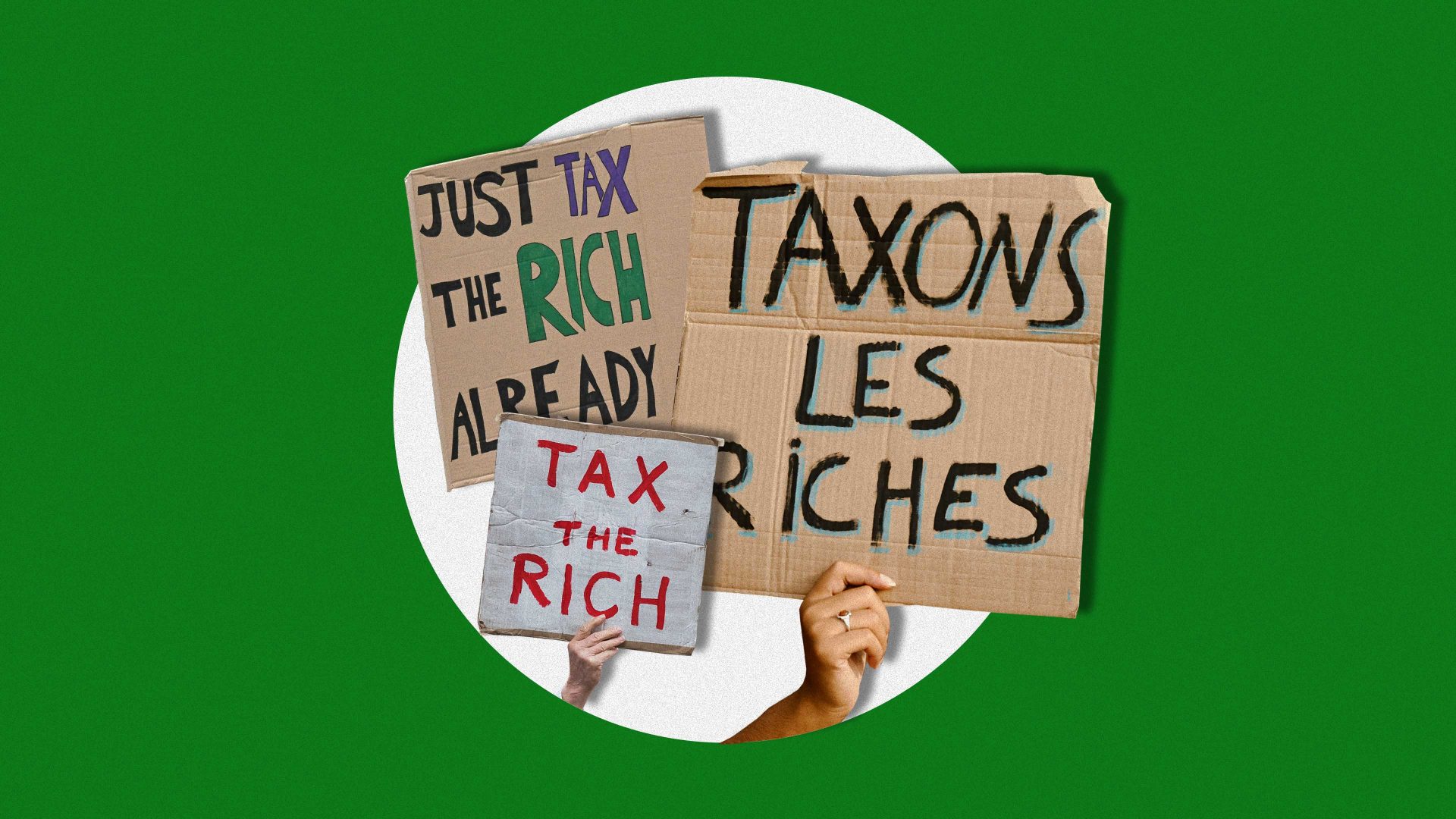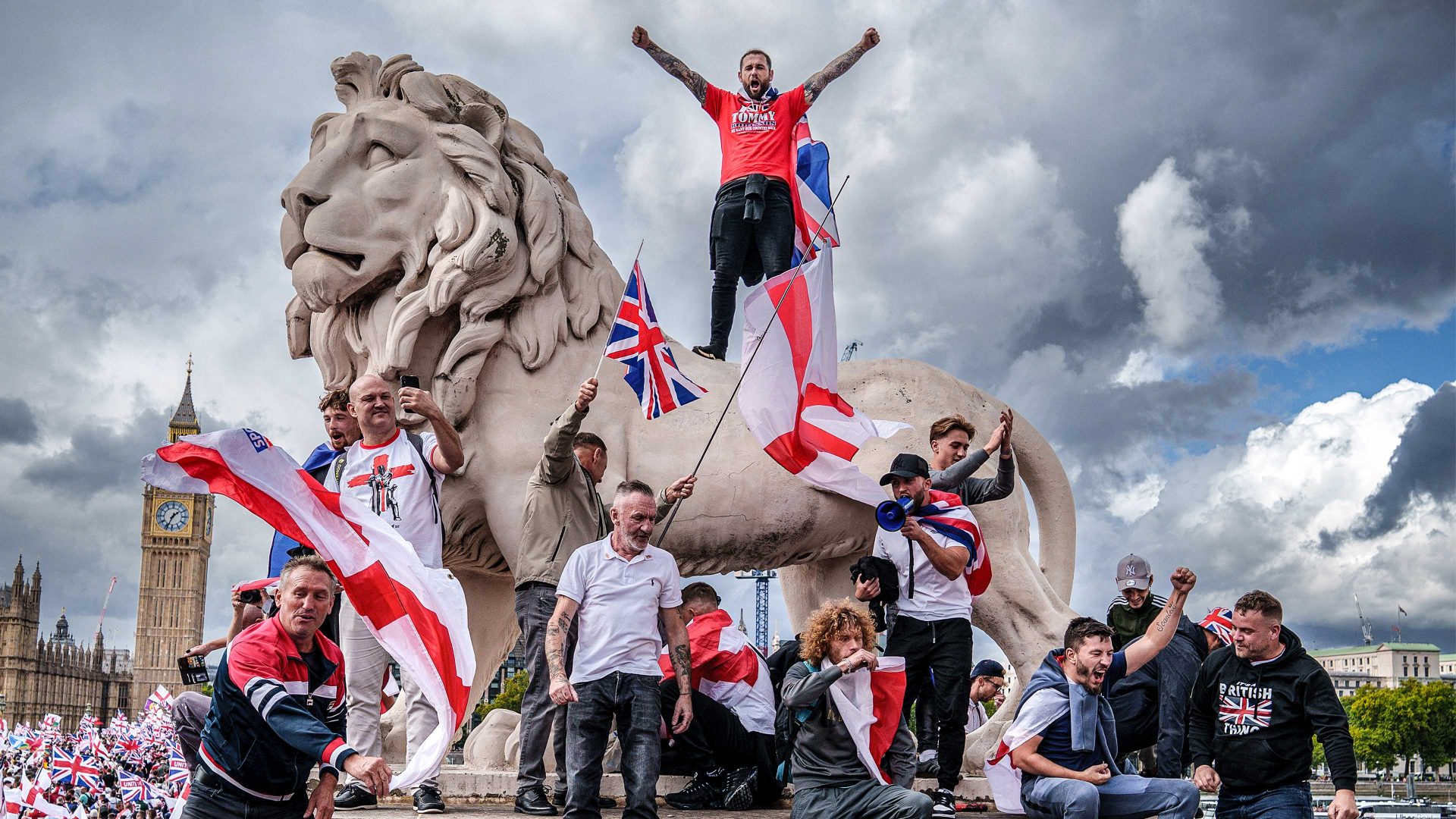“Taxons les Riches (“Let’s Tax the Rich”) was the slogan chanted across France last week. The people there were angry. Meanwhile, those marching in UK streets seemed more intent on scapegoating immigrants for a range of woes.
The protesters in Paris, Lyon, Lille and Marseille, unlike our strident xenophobes, had a point. Wealth inequality has reached dangerous levels there and continues to rise. This is equally true in the UK, where an estimated 4.45 million children live in relative poverty. This is a shameful fact.
If Thomas Piketty’s projections are accurate, without political intervention, inequality will continue to rise sharply. And yet politicians in power, though supposedly left-leaning, seem frightened to implement any policy that looks like redistribution. Lifting the two-child benefit cap will make some impact, but not enough.
We know that wealth inequality has serious consequences for the physical and mental health of the less well-off and often contributes to social unrest and crime. Taxing wealth and income proportionately seems like a no-brainer. More progressive policies, like a universal basic income, are worth exploring too.
Rich corporations and individuals with private investments and private healthcare are getting a far easier ride than those for whom a pension freeze, or a belt-tightening reduction in social services can be devastating. People’s fundamental dignity depends on having enough money not to worry where the next meal is coming from or how to pay the rent without going into debt. Some of the wealthy care about widespread poverty; others, regrettably, don’t.
We are all guilty of rationalisation to some degree, finding seemingly good reasons to support a position we hold, arguing for principles that somehow turn out to be aligned with our own interests in life. Trickle-down economics is a case in point.
Often endorsed by the better-off and rarely by the poor, tax breaks for the rich and the super-rich are supposed to create an economic environment that benefits those further down the food chain. But somehow the benefits rarely get there.
The metaphor of “trickling down” gives the game away: no one really thinks there’s going to be a flow of goods from rich to poor. We need better solutions.
Suggested Reading


The irony of erasing Banksy
John Rawls, born on September 21, 1921, used the thought experiment of The Original Position to try to eliminate some of our prejudices and personal biases from our thinking about how best to organise society. In particular, he wanted to encourage us to think about justice from a perspective of not knowing what position we ourselves would occupy in an imagined fairer society.
In his 1971 book, A Theory of Justice, he invited us to choose how we would organise society from behind a Veil of Ignorance, without knowing whether we would be rich, poor, beautiful, ugly, intelligent, or whatever.
One important aspect of the book focuses on the distribution of wealth and other goods. Rawls’s assumption was that behind the Veil of Ignorance, you would be more risk-averse when it comes to thinking about how to treat those at the less privileged end of society.
If you know you own a house, have a pension, have money in the bank, and a secure job until retirement, you might feel a little smug, and believe that’s all down to your own hard work and prudence, rather than good fortune in being the kind of person you are, having had the upbringing you’ve had, having been psychologically well-placed to take advantage of any breaks that came your way.
But if you had to construct a society in which you might end up psychologically damaged and with little or nothing in the bank, then Rawls’s idea was that you would be less likely to create a world without strong safety nets.
Key to Rawls’s approach was his idea that inequalities of wealth and income should only be tolerated if they bring clear benefits to the least well-off. In the special case when you can’t assign any probability to the likelihood of your ending up very poor, it’s a sound way of thinking about how we should live together.
This makes sense when those with the least are at risk of hunger and homelessness, when without such a boost, they would be likely to fall below a minimum threshold needed for a dignified life as a human being.
But we shouldn’t need a philosophical thought experiment to tell us that extensive poverty, particularly child poverty, is intolerable – and that wealth redistribution could help alleviate it. All it really takes is imagination.




